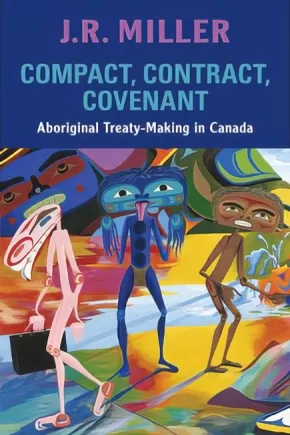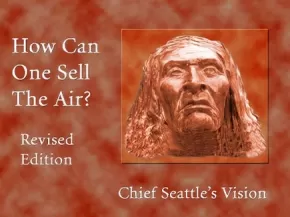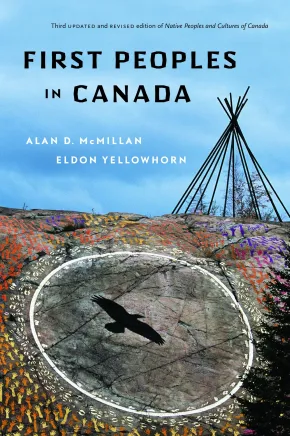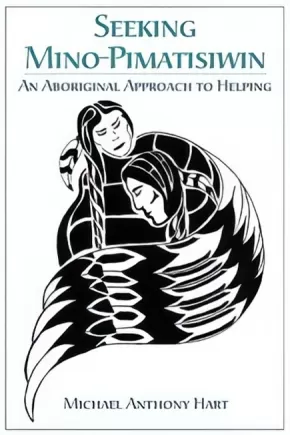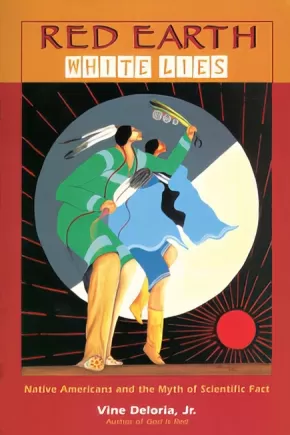Indigenous History
Synopsis:
One of Canada's longest unresolved issues is the historical and present-day failure of the country's governments to recognize treaties made between Aboriginal peoples and the Crown. Compact, Contract, Covenant is renowned historian of Native-newcomer relations J.R. Miller's exploration and explanation of more than four centuries of treaty-making. The first historical account of treaty-making in Canada, Miller untangles the complicated threads of treaties, pacts, and arrangements with the Hudson's Bay Company and the Crown, as well as modern treaties to provide a remarkably clear and comprehensive overview of this little-understood and vitally important relationship.
Covering everything from pre-contact Aboriginal treaties to contemporary agreements in Nunavut and recent treaties negotiated under the British Columbia Treaty Process, Miller emphasizes both Native and non-Native motivations in negotiating, the impact of treaties on the peoples involved, and the lessons that are relevant to Native-newcomer relations today. Accessible and informative, Compact, Contract, Covenant is a much-needed history of the evolution of treaty-making and will be required reading for decades to come.
Additional Information
448 pages | 5.80" x 9.00"
Synopsis:
Chief Seattle’s impassioned plea to respect “the sacred web of life” has become an inspiration to many. This thoroughly researched collection includes two popular 20th-century adaptations as well as a version of the speech that has been passed via the oral tradition among Suquamish elders from Chief Seattle’s tribe.
"A valuable reference for Native American history and for those interested in the ecological efforts to preserve harmony with the earth." —Kliatt magazine
Synopsis:
A collection of original stories written by some of the country's most celebrated Aboriginal writers, and inspired by pivotal events in the country's history Asked to explore seminal moments in Canadian history from an Aboriginal perspective, these ten acclaimed authors have travelled through our country's past to discover the moments that shaped our nation and its people. Drawing on their skills as gifted storytellers and the unique perspectives their heritage affords, the contributors to this collection offer wonderfully imaginative accounts of what it's like to participate in history. From a tale of Viking raiders to a story set during the Oka crisis, the authors tackle a wide range of issues and events, taking us into the unknown, while also bringing the familiar into sharper focus. Our Story brings together an impressive array of voices Inuk, Cherokee, Ojibway, Cree, and Salish to name just a few from across the country and across the spectrum of First Nations. These are the novelists, playwrights, journalists, activists, and artists whose work is both Aboriginal and uniquely Canadian. Brought together to explore and articulate their peoples experience of our country's shared history, these authors grace, insight, and humour help all Canadians understand the forces and experiences that have made us who we are.
Maria Campbell, Tantoo Cardinal,Tomson Highway, Drew Hayden Taylor, Basil Johnston Thomas King, Brian Maracle, Lee Maracle, Jovette Marchessault, Rachel Qitsualik
Additional Information
256 pages | 6.03" x 8.99"
Synopsis:
Since Native Peoples and Cultures of Canada was first published in 1988, its two editions have sold some 30,000 copies, and it is widely used as the basic text in colleges and universities across the country.
Now retitled, this comprehensive book still provides an overview of all the Aboriginal groups in Canada. Incorporating the latest research in anthropology, archaeology, ethnography and history, this new edition describes traditional ways of life, traces cultural changes that resulted from contacts with the Europeans, and examines the controversial issues of land claims and self-government that now affect Aboriginal societies.
Most importantly, this generously illustrated edition incorporates a Nativist perspective in the analysis of Aboriginal cultures.
Additional Information
400 pages | 6.00" x 9.00" | Paperback
Synopsis:
Historically, social work and psychology professions have pressured and coerced Aboriginal peoples to follow the euro-centric ways of society. The needs of Aboriginal peoples have not been successfully addressed by the helping profession due to a limited attempt to incorporate Aboriginal perspectives and practices of helping. Michael Hart briefly discusses colonization from an Aboriginal perspective, ontological imperialism, social work’s role in colonial oppression, and the dynamic of resistance. Seeking Mino-Pimatisiwin encourages Aboriginal concepts, values and perspectives to be effectively incorporated by helpers trained in counselling, supporting, and teaching disciplines.
Micheal Hart uses his own personal and professional experiences and that of other Aboriginal helpers. Throughout the book he outlines ways of adopting an Aboriginal Approach to helping. The closing chapter examines one such approach, the sharing circle, and how it can be used to guide practice with individuals, families, and groups in several contexts.
Additional Information
128 pages | 6.00" x 9.00"
Synopsis:
Leading Native American scholar and author of the best-selling books God Is Red and Custer Died for Your Sins, Vine Deloria, Jr., addresses the conflict between mainstream scientific theory about the world and the ancestral worldview of Native Americans. Claiming that science has created a largely fictional scenario for American Indians in prehistoric North America, Deloria offers an alternative view of the continent's history as seen through the eyes and memories of Native Americans.

